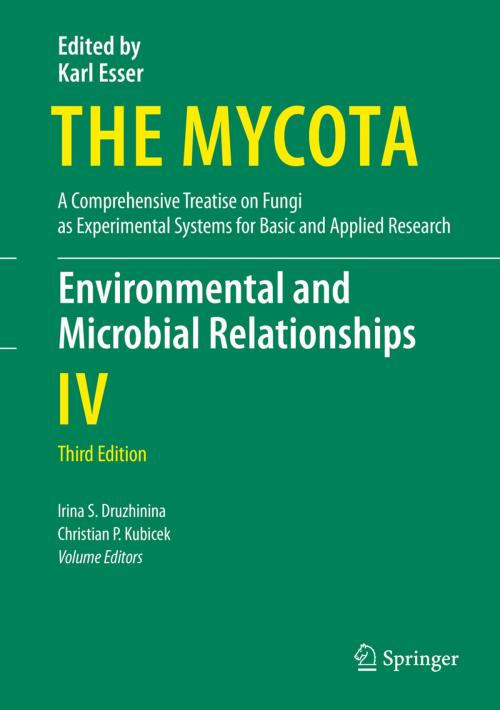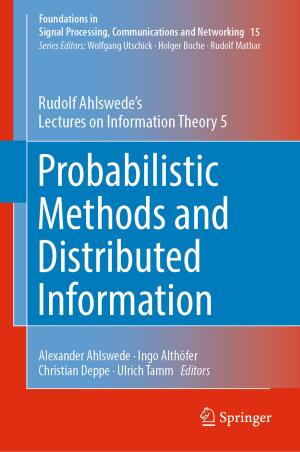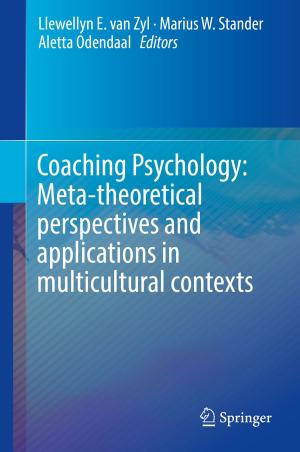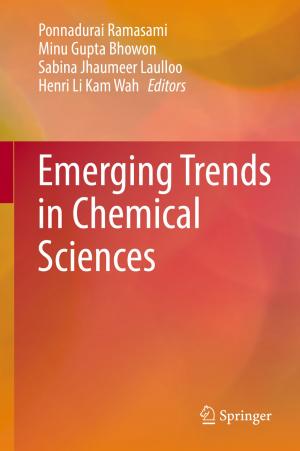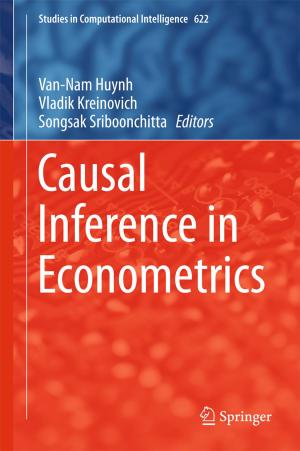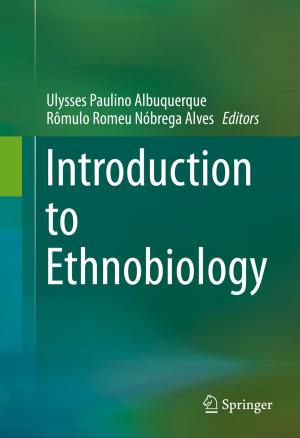Environmental and Microbial Relationships
Nonfiction, Science & Nature, Science, Biological Sciences, Microbiology| Author: | ISBN: | 9783319295329 | |
| Publisher: | Springer International Publishing | Publication: | March 18, 2016 |
| Imprint: | Springer | Language: | English |
| Author: | |
| ISBN: | 9783319295329 |
| Publisher: | Springer International Publishing |
| Publication: | March 18, 2016 |
| Imprint: | Springer |
| Language: | English |
This volume provides insights into current research on fungal populations, communities and their interactions with other organisms. It focuses on fungal responses to the physical environment; interactions with bacteria, other fungi, invertebrates and plants; the role of fungi in ecosystem processes such as decomposition and nutrient cycling; and aspects of biogeography and conservation.
Since the publication of the second edition of Volume IV in 2007, the massive use of “omics” methods has revolutionized our understanding of fungal lifestyles. Highlighting these advances, the third edition has been completely updated and revised. Several chapters deal with various applications of genomics and transcriptomics in biological pest control, as well as interactions with other living systems. This is an invaluable source of information both for scientists who wish to update their knowledge of current advances and for graduate students interested in obtaining a comprehensive introduction to this field of research.
This volume provides insights into current research on fungal populations, communities and their interactions with other organisms. It focuses on fungal responses to the physical environment; interactions with bacteria, other fungi, invertebrates and plants; the role of fungi in ecosystem processes such as decomposition and nutrient cycling; and aspects of biogeography and conservation.
Since the publication of the second edition of Volume IV in 2007, the massive use of “omics” methods has revolutionized our understanding of fungal lifestyles. Highlighting these advances, the third edition has been completely updated and revised. Several chapters deal with various applications of genomics and transcriptomics in biological pest control, as well as interactions with other living systems. This is an invaluable source of information both for scientists who wish to update their knowledge of current advances and for graduate students interested in obtaining a comprehensive introduction to this field of research.
